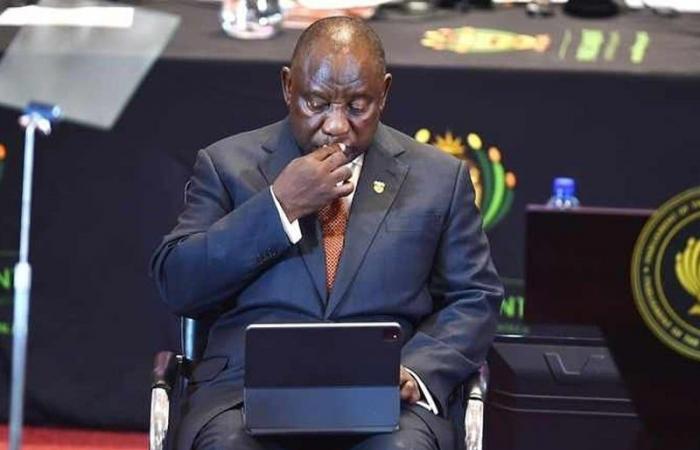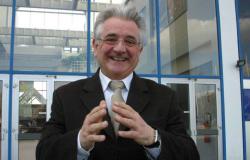Support for the separatist theses of the Polisario did not feature in the inauguration speech of South African President Cyril Ramaphosa. While he is used to inserting it in his speeches in the form of the “right of peoples to self-determination”, the president, who was just re-elected with difficulty, preferred to keep a low profile.
Is this the end of the political use of the Moroccan Sahara issue for the historic South African party, the African National Congress (ANC)? Has the South African president finally understood the disinterest of his electorate for a false cause that does not concern them? So many questions and more that the coming weeks will reveal.
South Africa, which has often played devil’s advocate by supporting the separatist Polisario militia financed by Algeria against Moroccan territorial integrity, could begin to gradually detach itself from this preposterous idea which has not did not produce the expected political effect.
In his inauguration speech this Wednesday, the “new” president of South Africa, Cyril Ramaphosa, did not mention the Sahara affair in his speech to parliamentarians or what he likes to say. say, support for the “right of peoples to self-determination”.
This old slogan no longer seems to work and its absence from Ramaphosa’s speech denotes a certain elevation and possibly a lesson in maturity from the president and his camp. However, the idea that South Africa is shedding all support for the Polisario and its links with Algeria is no less certain.
The ANC could move away from these old speeches seeing that they do not resonate with the electorate. And following the loss of the majority during the last legislative elections of May 29, for the first time in the democratic history of the country, the president certainly had to face the facts and make concessions in the image of the coalition formed with 4 other parties, the Democratic Alliance (DA), the Inkatha Freedom Party (IFP), the GOOD Movement and the Patriotic Alliance (PA).
In his speech, President Ramaphosa indicated that the new foreign policy of the “government of national unity” will be “based on human rights, solidarity and peace” only, without reference to support for the “cause” Sahrawi separatist.
If an awareness of the absurdity of supporting a separatist group as a respectable state is not to be banished, it is not clear at the moment whether South Africa will take a step towards Morocco to redeem itself, although support for the Moroccanness of the Sahara could be beneficial on many levels for South Africa, not only politically and economically, but also diplomatically, and continentally speaking.
South Africa today finds itself isolated on the African continent following its dubious partnership with Algeria. Pretoria has lost its weight and its luster with such an alliance while a partnership with Rabat would bring it so much more.






